|
"We're different. We always want to be involved. That''s just our make-up."
|
|
Sir Ian Botham is speaking to WCM from the Outer Hebrides, enjoying a rare opportunity for a summer holiday with his family. While David Gower, his former England teammate and longtime colleague in the commentary box, has spoken openly about the wrench of being let go by Sky last year, and the void it has left in his life since, Botham, who was also put out to pasture, insists he's enjoying a slower pace of life as he approaches his 65th birthday.
"Everything has a shelf life and after 23 years as a commentator I think it was time to move on, to let some younger blood in," he says. "Younger ideas, newer ideas. Maybe the game's moved on from when I played. The freedom I've got now to move around, I didn't have as a player or as a commentator - you were pretty much dictated to by the cricket schedule. It was overdue, my move away from commentary, and I'm loving what I'm doing now."
Continues below...
|
|
That involves being chairman at Durham CCC, a position he was appointed to in 2017, and taking a seat in the House of Lords, reward from Boris Johnson for Botham's support in the Brexit campaign, during which he went "in to bat for my beliefs", describing the EU as a "racket" in a column splashed across the front of the Sunday Times. But while surrendering power to the "bureaucrats in Brussels" got Beefy's blood boiling, it's wine that really gets it pumping.
"I make wine, and that's what I do now. I love it. It's something I should perhaps have started 10 years ago. I probably get as much enjoyment out of getting a gold medal in an international wine show or getting into a top 100 as scoring a hundred." He pauses. "Or it's a very similar feeling of achievement."
By the twilight of his broadcasting career, Botham had become something of a relic, increasingly at odds with the action he was covering. He often sounded dismissive or suspicious of aspects of the modern game which fell outside his own sphere, such as strength and conditioning or statistical analysis, and he never appeared to have much appetite for T20.
For a younger cricketing audience who hadn't witnessed Botham's epic feats as a player, and had Flintoff in 2005, or even Stokes in 2019, as their entry point into the game, he had become increasingly irrelevant - known for wine, for Brexit, for charity walks, for knighthoods and peerages, but not necessarily for what made him famous in the first place. For being the most influential English cricketer since WG Grace.
|
|
It's worth revisiting just what a phenomenon Botham was, particularly in the first half of his career. Following eight five-fors in his first 11 Tests, in 1979, at the age of just 23, Botham became the fifth-fastest in history to 100 wickets. Two years later, after 41 Tests, he became the third-fastest to 200 wickets, by which time he'd also made eight of his 14 hundreds. He scored a century and took five wickets in the same Test on five occasions - a feat no other player has managed more than twice in their career - and at Mumbai in 1980 he became the first man to score a century and take 10 wickets in the same Test. Only his great rival Imran Khan and Shakib Al Hasan have matched that in the 40 years since.
From his debut in 1977 to the conclusion of the home series against India in 1982, a period which covers exactly half of Botham's 102 Test matches, he averaged 38.80 with the bat - with an astonishing 11 centuries - and 23.06 with the ball. If he had called it a day then, we would be talking about an all-rounder to challenge Sobers for the title of the greatest of all-time. Those extraordinary numbers gradually - and perhaps inevitably - tailed off in subsequent years, the Herculean performances thinning out as the scale of Botham's personality began to overshadow his feats on the pitch and serious back injuries took their toll. But he remained a magnetic, era-defining cricketer, and the archetype of what we still understand to be a true all-rounder.
|
|
Who in your mind is the greatest all-rounder of them all?
Garry Sobers. He did everything. As all-rounders go, I think Garry was the most complete: fantastic fielder, magnificent batsman, averaging above 50, he could bowl left-arm swing and also bowl Chinamen. That's probably the ultimate in being an all-rounder.
Was Sobers an inspiration to you when you were growing up?
Not so much growing up. My cricketing hero was Kenny Barrington.
Barrington isn't the style of batsman you'd necessarily be associated with?
I'll tell you for why, I always thought he went out there with the British Bulldog on his chest. He would give as good as he got. I got to know him quite well after he finished playing and then became a selector. I played a lot of golf with Kenny and we spent a lot of time together. I came to understand him even more. I always thought he was competitive but when I got to really know him I realised he was extremely competitive. A real fighter, Kenny. That was the thing I enjoyed. You could see him giving it back to the bowlers. He'd run past and give them a little dig in the ribs as he went by.
There's a theme among all-rounders, particularly in England, of larger-than-life, attention-grabbing characters. Do you think there's something about that type of personality that naturally lends itself to being an all-rounder?
I think we''re different. It''s a different role. We tend to be workaholics when we're out there playing - we always want to be involved. That's just our make-up. I played in an era where we had four magnificent all-rounders in world cricket. That made us even more competitive because we wanted to outdo each other. I'd always check to see if Imran [Khan] had done well, or if Kapil [Dev] had done well, or Richard [Hadlee]. You wanted that No.1 position. I think that was very healthy, it kept us all going. Nowadays, Ben Stokes is obviously right up there. He's box-office, he's great to watch, he's fantastic for the dressing room. Even at Durham, if he's got a day off, and they don't get too many these days, he'll pop in and see the boys. He's very much a Durham boy and wants to see how the team are doing. He's exceptional. For me, probably the biggest name in world cricket at the moment.
Mike Brearley has said that he rates you as the better bowler but considers Stokes the more complete batsman. Is that a fair assessment?
Yeah, absolutely. I'd agree with Brears on that, but time will tell. It's longevity as an all-rounder that's important. Ben's had a few injury problems. We all do. I had spinal operations, Fred [Andrew Flintoff ] had a problem with his ankle which caused him all kinds of issues. Your body does take a battering, which again makes us a bit unique, the pain barrier etc. If Ben can't bowl because he's carrying an injury, you can see the frustration at times.
Why do you think genuine all-rounders are such a rare breed? Because of the physical demands, or simply because not that many people have the skillset to pull it off?
I don't know. They come along once in a while. We were spoilt in the 80s - we had four apples on the tree. We've had a few others but they don't come around very often. When you get a genuine all-rounder it's such a blessing for a captain, because suddenly he can free up a spot for another bowler or another batsman. When you've got one, wrap him up in cotton wool and let him loose when you want things to happen. I think that's the way to do it.
|
|
|
|





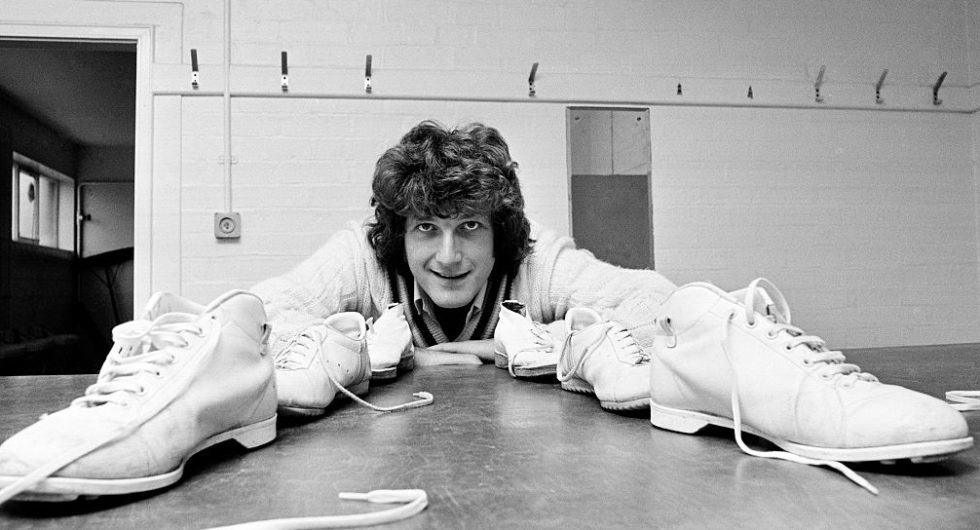

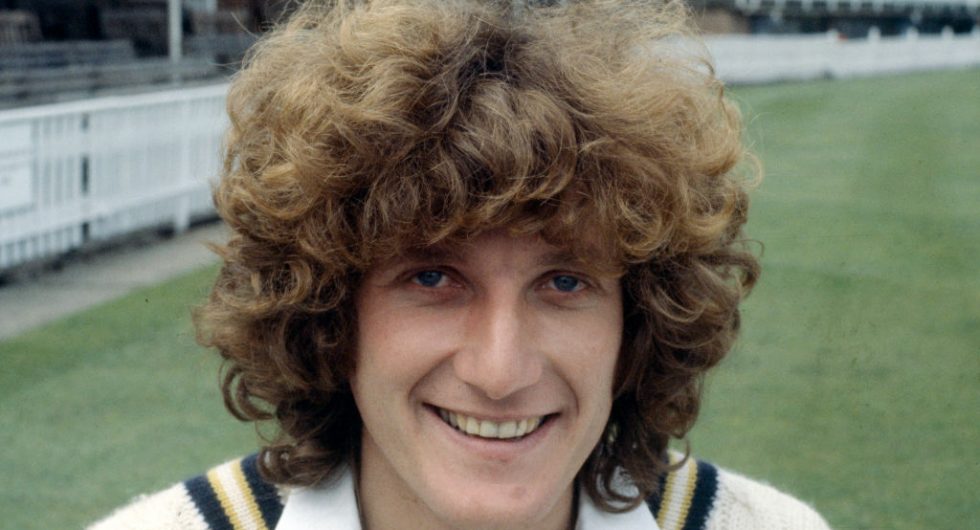
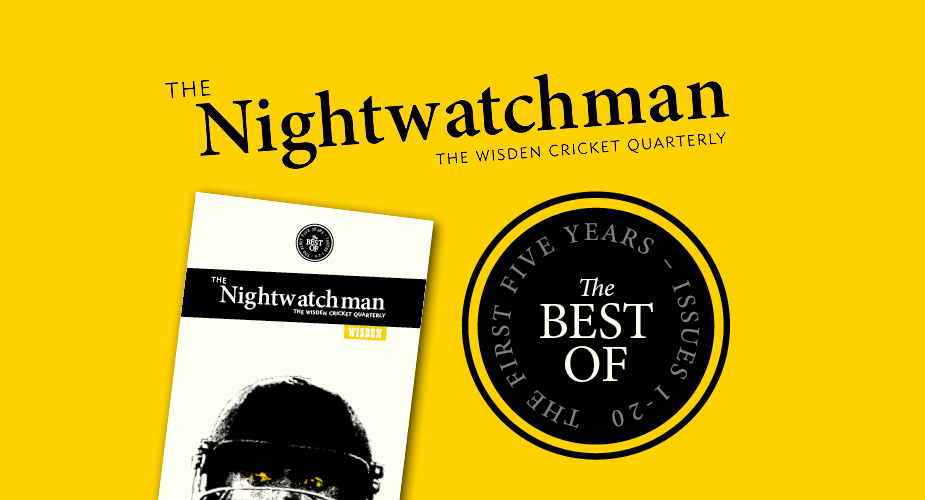
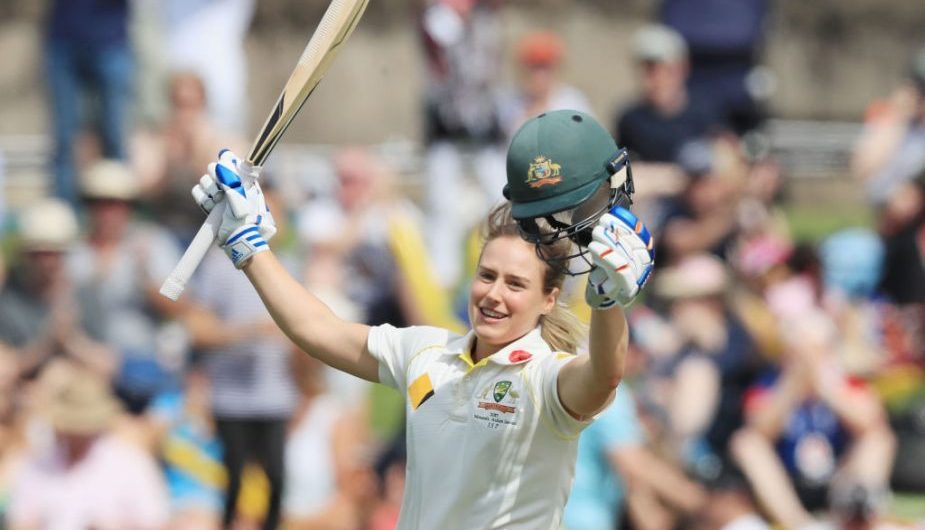
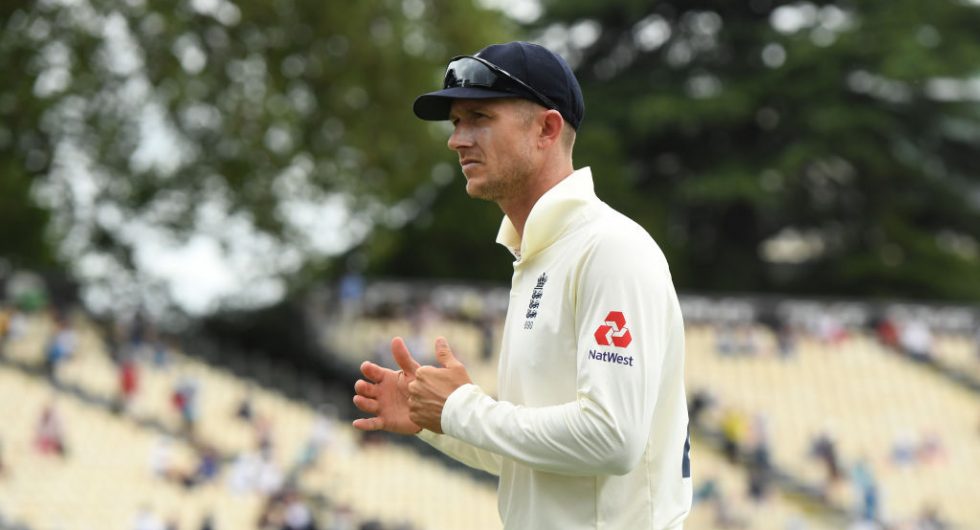
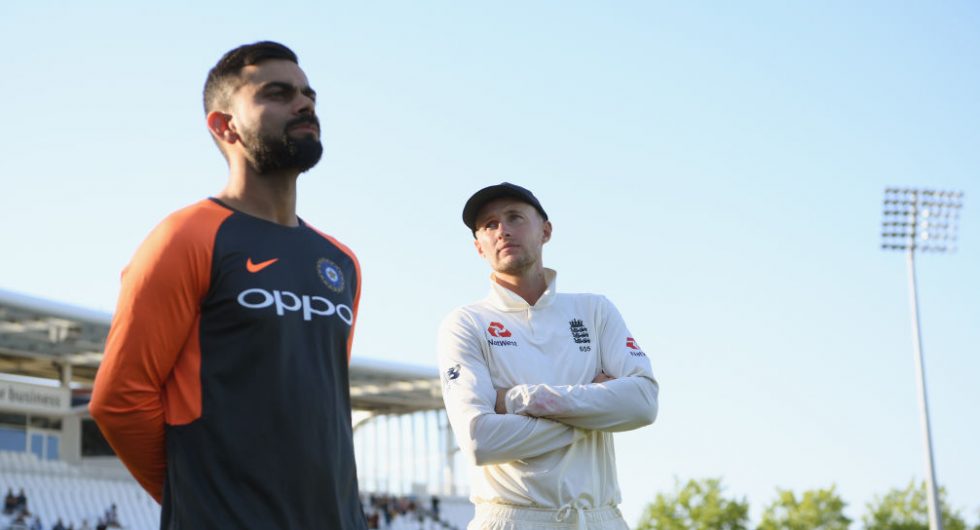
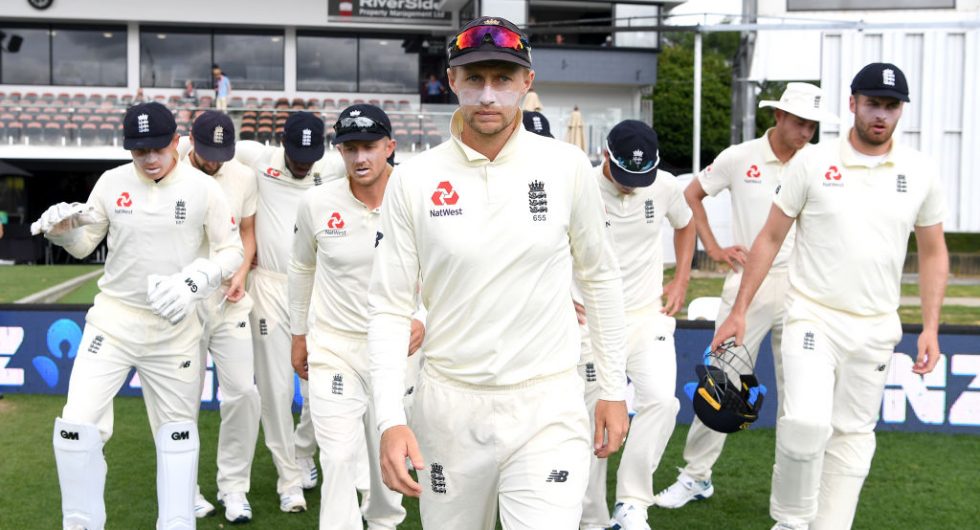
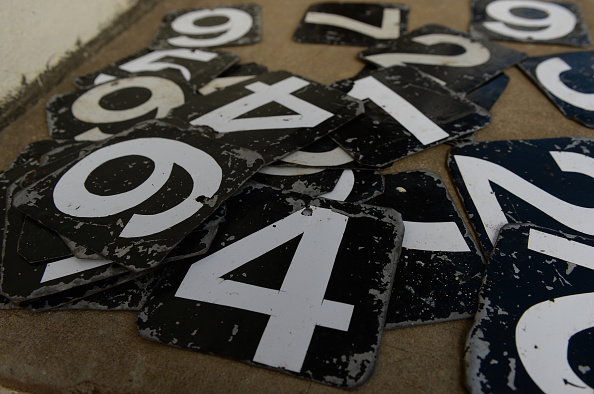


 Arts and Entertainment
Arts and Entertainment Business and Industry
Business and Industry Computer and Electronics
Computer and Electronics Games
Games Health
Health Internet and Telecom
Internet and Telecom Shopping
Shopping Sports
Sports Travel
Travel More
More